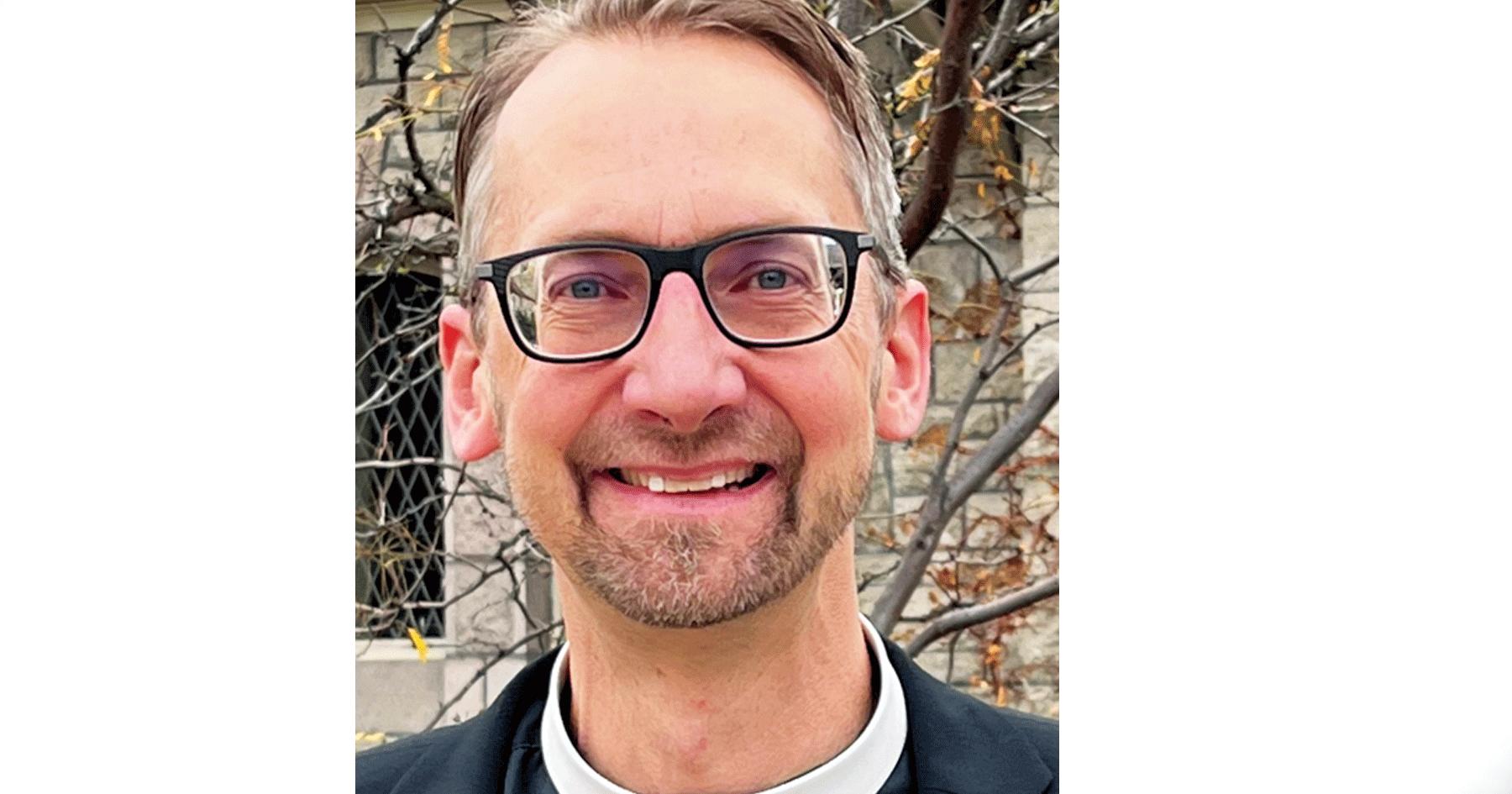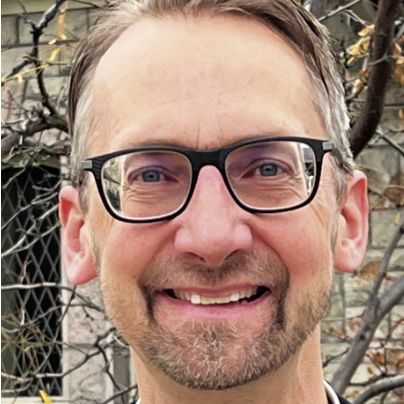Sometime last spring, a social studies class of junior high students visited the Cathedral to learn about both the architecture and the artifacts (if you will) of a church. We were the first of three stops for the day – to be followed by a mosque and a synagogue.
Such visits are most enjoyable. Here is a chance to speak of the things that belong to the faith in connection to history and culture. Here is a chance to engage with the curiosity of young people, and to hear their questions as they encounter aspects of religious tradition that may or may not be familiar to them, but that nonetheless play a role, whether subtly or obviously, in where they have come from, who they are, and where they might be going.
I take heart from such visits because they assume that religion matters – that religion is not merely private and individual but that it has and does and will take shape in the world and contribute to the shape of the world. What shape that actually takes is always an open question.
This reality came through in a question one of the students asked that day. The question was something like: “What did Jesus’ teach about freedom?” Hmm. Why is freedom front and centre? It did not at first occur to me that that question might have arisen from the political unrest of our times – the “Freedom Convoy” and the appropriation of the Canadian flag for the purposes of right-wing rhetoric alongside the occasional out-of-context Bible verse. Maybe that was in the background, or maybe not. But since I didn’t think of that possibility in the moment, I answered without the tractor-beam pull of that political pitfall. As I recall, I acknowledged that freedom is part of the picture, but that in Christian terms, freedom is given definition by a responsibility to care for others because it is connected to the way of Jesus, as founded in a lived compassion, an active peacemaking, and a self-giving love. It is freedom for something that involves us and calls us to our best selves in light of Jesus’ command to love God and love our neighbour as ourselves.
Now, as I noted, this was a social studies class, and the unit that occasioned this visit to three houses of religion was a unit on medieval history. The medieval period was more fruitful for interreligious dialogue than one might expect. Three great scholars stand out from this period, all of whom made a deep contribution to thought in Judaism (Maimonides), Christianity (Aquinas), and Islam (Ibn Sina / Avicenna), and did so in relation to one another by way of their shared commitment to the primary oneness of God and the root philosophy of Aristotle. They were interested in knowing through their philosophical theology, and in sharing that knowledge through their scholarship. Something like this has reappeared in our postmodern context in the form of Scriptural Reasoning – a practice that draws Jews, Christians, and Muslims together to read their respective scriptures as Jews, Christians, and Muslims, but also together and in relation to one another around a shared table.
As I write this, I am deeply mindful of the violence and war that has erupted in the Holy Land, and of the thousands of civilian deaths because of it. Would that a shared table and a respectful dialogue in and through difference was the normal path for freedom to take. Would that power made more room for freedom, and that freedom was more wary of wielding power.
John Lavender, editor of this paper, set the theme of this issue not only as Epiphany, but as “Recognition.” I like that connection: Recognition … re-cognition … re-thinking. An epiphany is something that shines a light and illumines something that is already there, enabling it to be seen anew, contemplated anew.
That is precisely what I hope will be at play when a social studies class visits the Cathedral – that there will be a recognition, an epiphany for all of us – that in some small (or great) way the life and teaching (and death and resurrection) of Jesus would be illumined in the midst of the sacred space in which we ask our questions and listen to one another. And I pray that as the class moved from Christian space to Muslim space to Jewish space, that the light of the one God attended them in all those spaces for the sake of Recognition and Epiphany – a re-cognition of what matters more than we sometimes think, amongst our architecture and our artifacts.
And I look forward to the next class visit!


